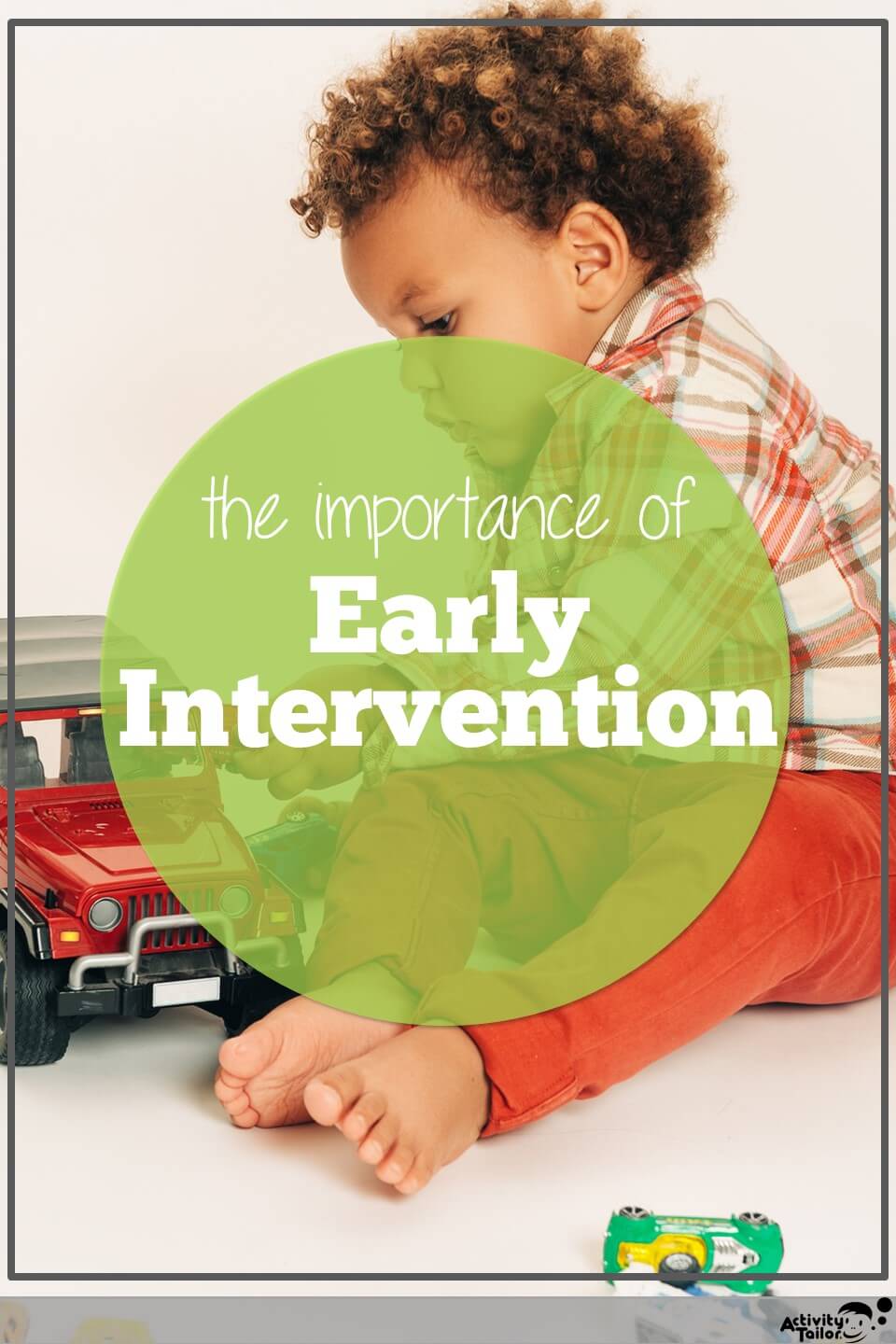Perfectionism has a strong allure. At one time I thought it was an admirable vice, demonstrating a drive for excellence, but in the past decade I’ve realized that perfectionism is much less about Olympic-like performance and much more about guarding your vulnerabilities.
Like many women, once I had children, I had a good hard lesson in our inability to exert control over our lives. Oh, sure you can pack hand sanitizer in your purse, stick an umbrella in the car, keep chicken tenders in the freezer, but you’ll always miss something. Maybe you’ll send your son in to school with shaggy hair and an old tshirt on picture day, or suddenly realize that not only was your child due at a birthday party 30 min ago, but you don’t even have a gift. So, now I’m a recovering perfectionist, looking to treat myself with the same compassion I would a friend and practicing taking bumps in the road in stride.
One of my summer reads was The Gifts of Imperfection by Berne Brown. Truth be told, it was on last summer’s reading list. See how I’m making progress? Brown spent years researching shame before turning to her own journey of wholehearted living and I liked her idea that imperfections are not inadequacies but “reminders that we are all in this together.” Their gifts are courage, compassion and connection.
This particularly resonated with me in light of the welcome session at ASHA Schools 2012. Jennifer Abrams presented “Hard Conversations” the practice of which does require a dose of courage. She doesn’t advocate confrontation for the sake of confrontation, but does encourage us to speak our minds, advocate for what needs to be accomplished, risk being outspoken and opinionated.
I think this is a particularly tough role for a school therapist. Frequently we feel a bit outside the usual school hierarchy, not quite as entrenched or comfortable as we would want to be, especially if we were going to make waves. Yet, sometimes this outsider status might give us a better perspective on changes that need to be made, or to advocate for students or families that aren’t getting the services they deserve.
Other times, this might mean advocating for ourselves, whether that means defining our role or (as recent #slpeeps conversations and other blogs have covered) asserting our “speech-language pathologist” title. It’s less important to be well liked and a perfect employee than it is to live up to the values that brought you to the profession in the first place.
At my house we have exceedingly hard glazed dinnerware that I specifically chose for its durability. A few years ago, one of the mugs was thwacked solidly against granite and suffered a chip on its lip. I moved it to the back of the cabinet and it was almost never used. Last winter, I purposely pulled it out as my afternoon tea mug and I use it most days. It’s a good reminder to me that even with a vulnerability the main purpose is still maintained. And as far as a gift of imperfection? I can always tell which tea is mine.
Care to share? Let us know if you struggle with perfectionism or enjoy a more carefree attitude.







This Post Has 14 Comments
How very appropo this came. You must have been speaking to me about imperfections, having courage and to speak up.
Thank you!
Good luck finding your strength! Kim
Great article and nice to see that there are other moms who suffer from the same disease 🙂 I like the quote, “we can have it all, just not at the same time”
This is timely article that is well written. Thanks for posting.
Thank you for taking the time to read and comment. Kim
Well said, and glad you got to your summer reads
I appreciate that! Have a great day! Kim
I love reading your blog. The “we’re all in this together” idea is why. Thank you for your honest and real posts.
Tiffany, I’m so touched by your comment. Thanks for making my day! Kim
Well written! I totally agree about the need to be kind to ourselves, let go of perfectionism. (PS. the link to the book isn’t working.)
Doesn’t that figure! I’ll fix it soon. Thanks for commenting! Kim
Nice post once again! One thing I think really helps with eprfectionism, is jsut redefining what perfection is. In other words, “THIS imperfect moment [or insert other situation here] is PERFECT for me and my clients [or kids?] in this moment because…” Seriously, this works!!!
Wonderful advice! Thanks for the reminder, Kim
Comments are closed.